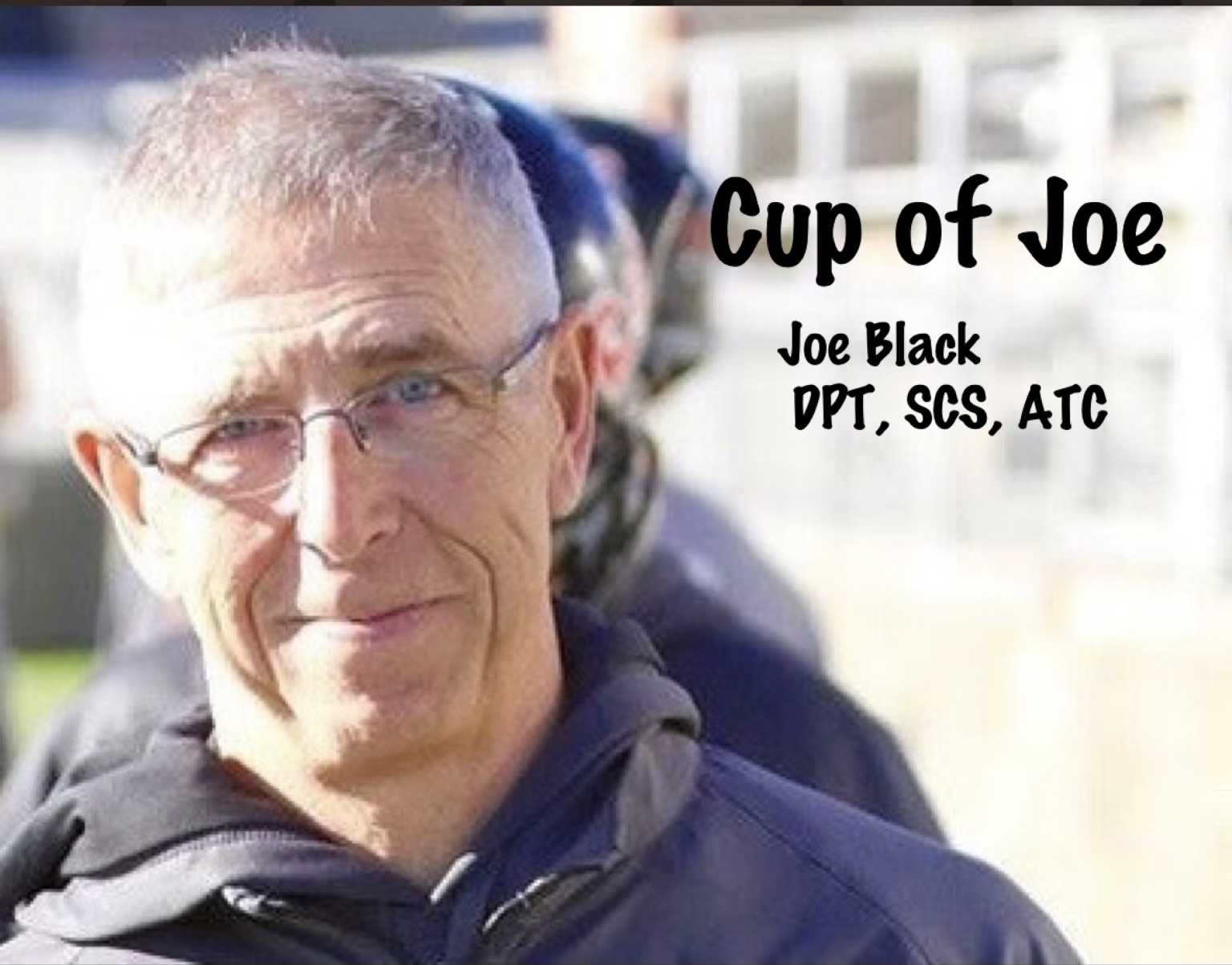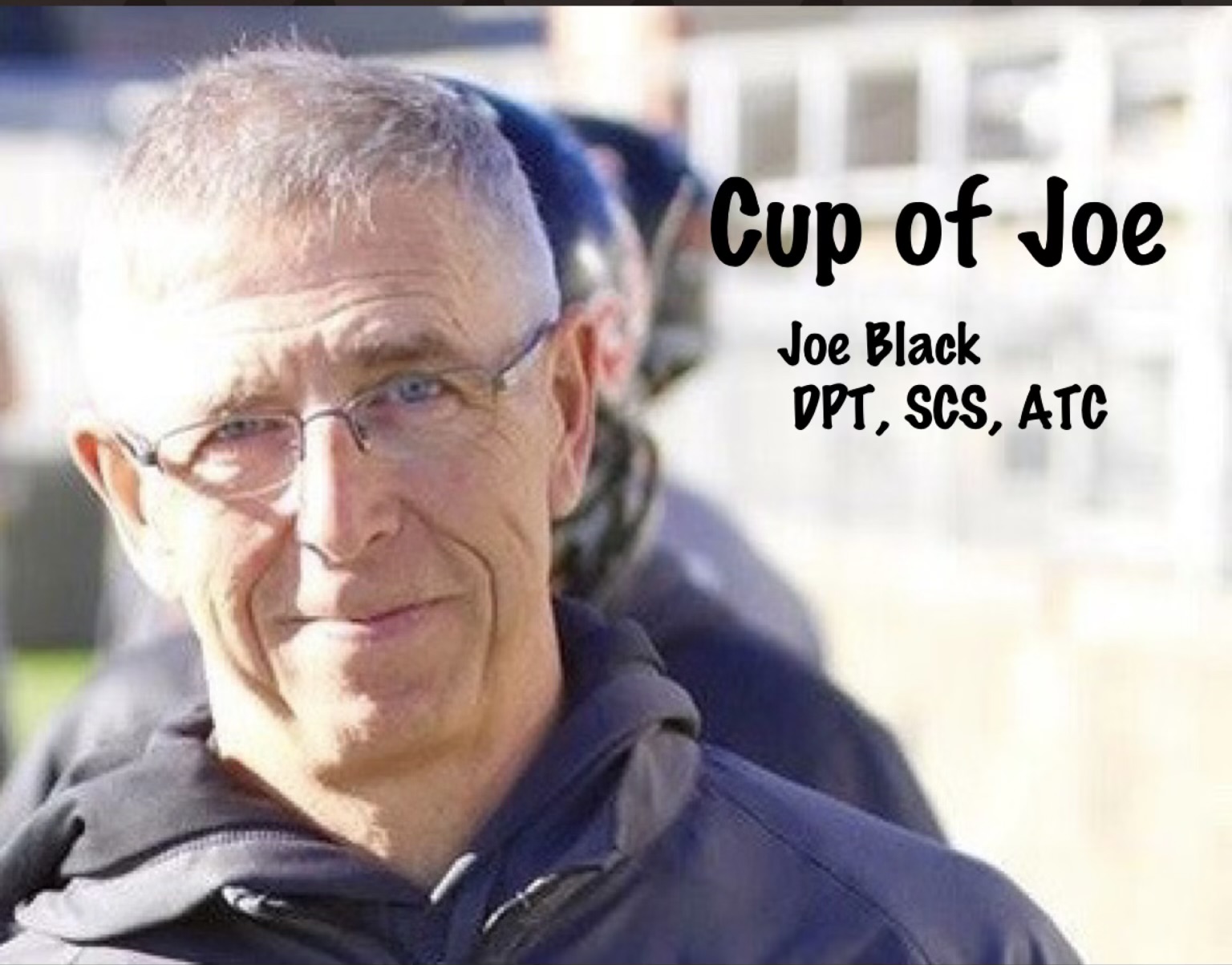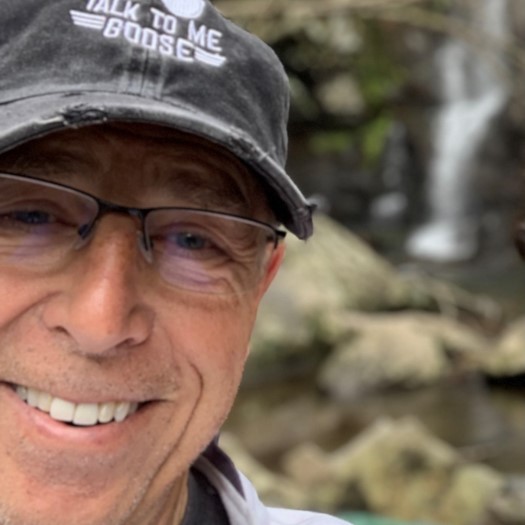To understand part of this story, you probably need to
understand what my office looks like. Well, it’s not really an office like you
might expect, but it’s what I call my office.
Let me explain. I’m a physical therapist and an athletic
trainer, but most of you knew that. I work in a clinic called Total
Rehab-Cherokee, usually shortened to just “Cherokee.” My building is basically
a warehouse-type building, with a high ceiling and wide-open spaces.
The clinic takes up about half of the space, while a fitness
center occupies the rest of the space. They are separated by a wall on one side
and a counter-top around the rest. My “office” is a space about half way down
that counter top.
I’m about as much in the middle of the whole building as you
can possibly be, straddling the world between the clinic and the gym. There are
several other clinicians that occupy that countertop, but all of them face
inward, toward the clinic. I face outward, toward the gym.
This is where I sit most of the time when I write my column
for this space (and too much of the time, really—such is the world of medical
documentation).
This whole arrangement is very purposeful. This makes it
much easier to take care of my patients on the rehab side and opens me to
engagement with the fitness members. Just about every day, someone from the
fitness side walks up with a question.
Usually, it starts like this: “I know you don’t like to be
bothered, but….” That’s not true. I don’t consider it a “bother” at all. I’m
honored that people want my opinion about their health and fitness. It’s part
of what keeps me going.
Sometimes it is a simple ache or pain that doesn’t really
require medical intervention but just some common sense advice. I’ve said many
times that good health care is often merely good common sense.
Sometimes it is a question about their training program.
Just yesterday, I was asked what exercises might be of benefit to prevent back
pain. With multiple college degrees in fields related to exercise science and a
lifetime spent in a gym, I sort of know what I’m talking about.
I got a different sort of question yesterday. “What
separates an elite athlete from an ordinary athlete?” The person posing the
question added that it didn’t seem like it was only talent.
No, it’s not. The cliché is “hard work beats talent when
talent doesn’t work.” That’s mostly true. I mean, there isn’t any substitute
for good genetics. Aaron Douglas comes to mind. Maybe the best high school
athlete I’ve ever seen, Aaron’s parents were a Lady Vol All American and an NFL
lineman. Phil Fulmer offered him a football scholarship in the crib.
But Aaron worked hard. And remained coachable. So did
Brandon Warren. And Lester Whitted. John Garrett might not have impressed you
physically, but he was talented and never made the same mistake twice as a
state champion quarterback.
Those of us around back then knew that Randall Cobb was
something special. We knew he was talented. We knew he worked hard and stayed
coachable and all that. But I’ll not lie and tell you that I thought he would
have a long NFL career when he was a high school star.
Randall took care of that. He stayed committed to
excellence. He dedicated himself to being the best he could be. Commitment.
Dedication. Work ethic. Persistence. Staying coachable. Doing the little
things.
And that is the answer to the question.




